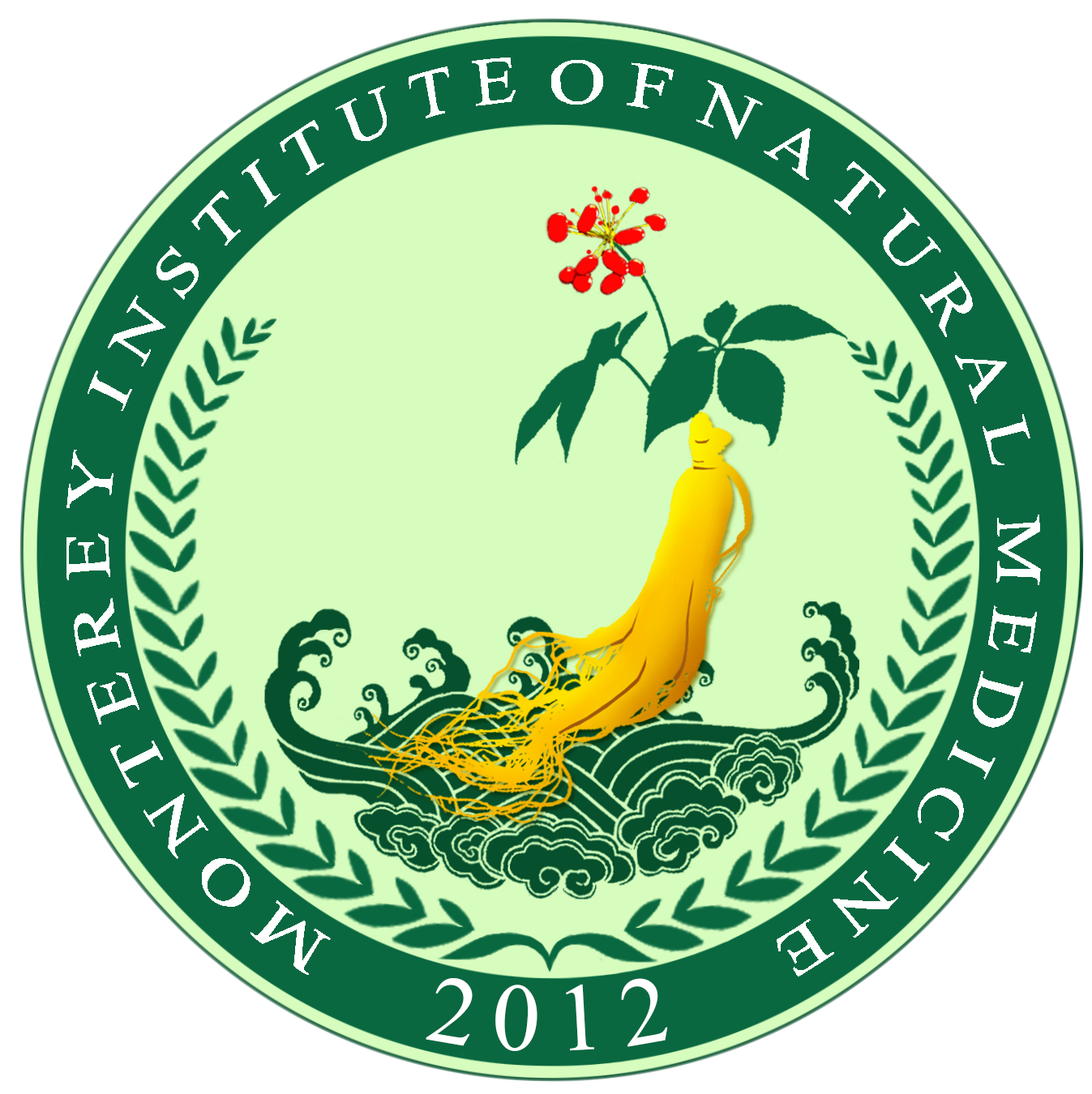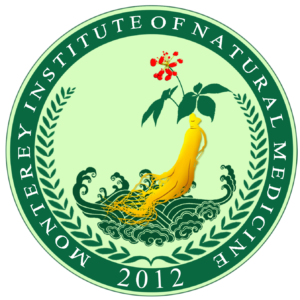Introduction
Premenstrual syndrome (PMS) is a common condition that affects millions of women worldwide, causing a variety of physical and emotional symptoms during the days leading up to menstruation. PMS symptoms can range from mild to severe, and may include bloating, cramps, mood swings, fatigue, and headaches. While conventional treatments such as over-the-counter pain relievers and hormonal therapies may provide relief for some women, acupuncture has emerged as a holistic and effective alternative for those seeking a more natural approach to managing PMS.
Understanding Acupuncture
Acupuncture is an ancient Chinese medical practice that involves the insertion of thin, sterile needles into specific points on the body, called acupoints. This treatment is based on the concept of Qi, or vital energy, which flows through channels called meridians. Acupuncture aims to balance and harmonize the flow of Qi, thereby restoring health and promoting overall well-being.
Acupuncture and PMS
Research has demonstrated that acupuncture may be a beneficial treatment for various PMS symptoms. Here’s how:
-
1. Reduction of pain and cramps
Menstrual cramps, or dysmenorrhea, are a common PMS symptom caused by the contraction of the uterus. Acupuncture has been shown to alleviate pain by targeting specific acupoints that influence the release of endorphins, the body’s natural painkillers, and by relaxing the uterine muscles.
-
2. Mood stabilization
Mood swings, irritability, and anxiety are common emotional symptoms of PMS. Acupuncture is believed to stimulate the production of endorphins, which may help balance mood and promote emotional well-being.
-
3. Relief from bloating and water retention
Bloating and water retention are common physical symptoms of PMS. Acupuncture may help alleviate these symptoms by targeting acupoints that regulate fluid balance and promote the release of excess fluids.
-
4. Improved sleep quality
Sleep disturbances are often reported during the premenstrual phase. Acupuncture has been found to improve sleep quality by stimulating acupoints that influence the production and regulation of melatonin, a hormone responsible for regulating the sleep-wake cycle.
-
5. Hormone regulation
While acupuncture does not directly affect hormone levels, it may help balance the body’s endocrine system, which may lead to more stable hormone levels during the menstrual cycle.
In conclusion, acupuncture offers a natural, non-invasive, and holistic approach to managing PMS symptoms, making it an appealing alternative or complementary treatment to conventional methods. With a low risk of side effects and increasing evidence supporting its effectiveness, more and more women are turning to acupuncture to find relief from their PMS symptoms. If you are considering acupuncture for PMS management, it is important to consult a qualified and licensed acupuncturist who can develop a customized treatment plan based on your specific needs and symptoms. Embracing acupuncture may provide a pathway to improved well-being and a more balanced menstrual cycle.


